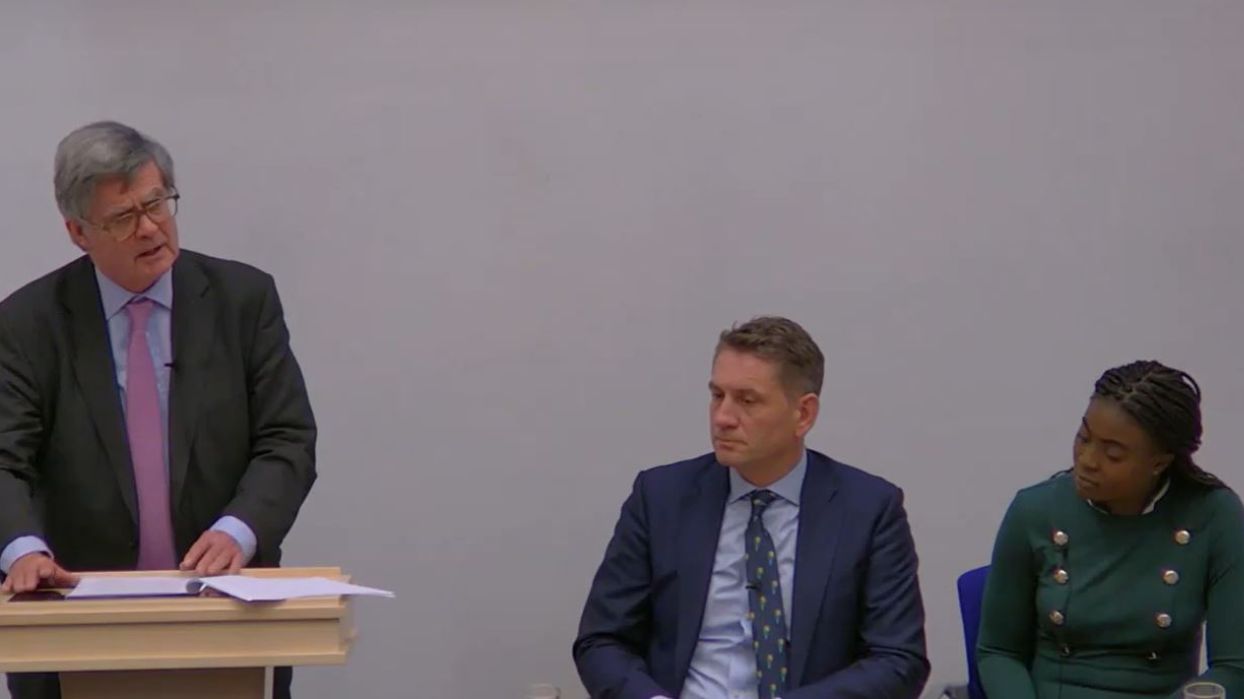Three decades on from its involvement in the case that established the Quincecare duty of care, Barclays now again finds itself in a significant case on the subject, albeit as the defendant rather than the claimant. The Supreme Court is hearing an appeal this week on a claim brought by Fiona Philipp, who says she was defrauded of £700,000 by an authorised push payment (APP) fraud and argues that Barclays breached its Quincecare duty owed to her by allowing the payments to be made from her account.
A Quincecare claim typically arises in the following circumstances:
- A customer holds a bank account;
- The bank receives a payment instruction; and
- The money is paid away and it transpires a fraud has taken place and the customer’s money is lost.
The Quincecare duty of care was established in Barclays Bank v Quincecare [1992]. Barclays brought the claim against Quincecare when funds from a loan were misappropriated by one of the Quincecare’s directors and not repaid. In its defence Quincecare alleged Barclays had breached its duty of care by allowing the fraudulent director to drawdown the loan monies. Mr Justice Steyn held that a duty to refrain from paying out loan monies when evidence of fraud is available to the bank did exist and should be applied to banks processing payment instructions for their customers. However on the facts of the Quincecare case Mr Justice Steyn found that the duty had not been engaged or breached, so the defence failed.
Court of Appeal ruling on Philipp v Barclays
Fiona Philipp and her husband transferred more than £700,000 to bank accounts in the United Arab Emirates via Mrs Philipp’s Barclays bank account. An APP fraud occurs where a customer is tricked into instructing their bank to transfer money to a fraudster’s account, as happened in this case.
Mrs Philipp sued Barclays, claiming the bank had not exercised its common law duty to take reasonable care and skill when carrying out her instructions. On the application of Barclays the High Court concluded that no such duty was owed in this scenario and struck out the claim, granting a reverse summary judgment to Barclays. The basis for this decision was that it was held the Quincecare duty only applied where an agent for a customer was giving payment instructions to the bank and in doing so defrauding the customer. Where there was an individual giving instructions on their own behalf absent an agent, the duty was found not to apply.
However, in March 2022 the Court of Appeal overturned the first instance decision and held that an individual customer can rely on the Quincecare duty, and it is not limited to circumstances where the customer is being defrauded by its agent and could apply where the customer and person giving the payment instruction are one and the same (as was the case in Philipp, an APP fraud). The Supreme Court will now have the last word.
Comment on the Supreme Court case
Senior Associate Harry Spendlove says: “I think the Court of Appeal got it right, so I’d like to see the Supreme Court uphold that decision. Nothing in the Quincecare case law suggests that it cannot in principle apply to an individual customer. However where an individual customer is involved it may be tricky to establish the evidential threshold is met to put the bank on notice and to engage the Quincecare duty, especially when the customer is giving the instructions and the bank will more often than not be entitled to take those instructions at face value.
“Recently banks are doing quite a lot to target this sort of APP fraud and it may be increasingly difficult to see how these sorts of claims could arise given the safeguards banks have introduced. If those protections are as effective as they should be, Philipp could be a hollow victory in the sense that going forwards there may be very limited situations where the duty could actually be engaged for individual customers.
“On the other hand, if the clarification and increased awareness of the Quincecare duty through Philipp means it becomes obsolete for individual customers, because banks have improved their safeguards against APP fraud, then that’s a good thing for the consumer.”
Harry’s comments appeared in a Law360 article on Philip v Barclays (subscription required).
More on Quincecare
In a webinar for LexisNexis on 18 November 2022, Alex Jay and Harry Spendlove provided an overview of claims arising from a breach of the Quincecare duty. They explained the origins and formulation of Quincecare claims and outlined some of the key cases to date including Philip v Barclays and Stanford Bank International Ltd (in liquidation) v HSBC Bank plc in which the Supreme Court recently handed down its decision on whether fraudulent ‘preferences’ that arose through the operation of a Ponzi scheme could be recovered as losses pursuant to a Quincecare claim.
The full webinar is available to view for subscribers, with a written summary available here.
You can find further information regarding our expertise, experience and team on our Commercial Litigation pages.
If you require assistance from our team, please contact us.
Subscribe – In order to receive our news straight to your inbox, subscribe here. Our newsletters are sent no more than once a month.




